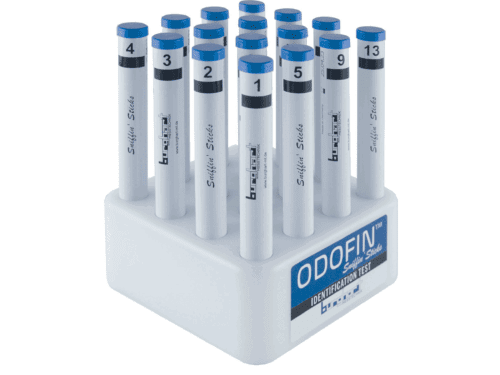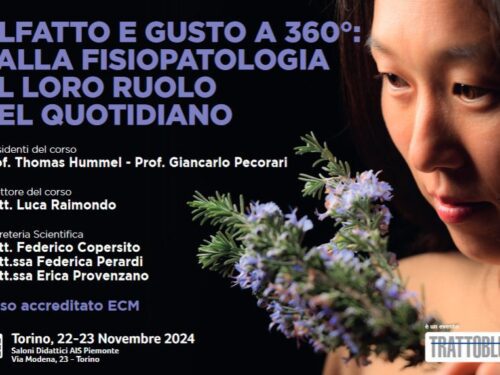
Anosmia is a medical term used to denote the complete loss of the sense of smell. People suffering from anosmia are unable to detect odors, regardless of their intensity. It can be a temporary or permanent problem and can have a significant impact on a person’s life, as smell plays an important role in tasting food, recognizing dangerous situations (such as smelling a burning smell) and enjoying odors in general .
What are the causes of anosmia?
Anosmia can occur for a variety of reasons, and there are several forms, including:
- Congenital anosmia: This means that someone is born without a sense of smell. It’s rare, but some people experience it from birth.
- Traumatic anosmia: This occurs after a head injury or trauma to the head, such as a blow to the head or a skull fracture. The damage may affect the scent nerves or parts of the brain responsible for scent perception.
- Infectious anosmia: Some viral infections, such as the common cold, flu, or sinus infections, can lead to a temporary loss of sense of smell. In some cases, the loss of smell may last longer or become permanent.
- Chronic rhinosinusitis (CRS) with anosmia: A condition in which persistent inflammation of the nasal and sinus passages can impair the sense of smell. There are interesting developments in this area with the drug Dupilumab.
- Neurological anosmia: This can occur due to neurological conditions such as Parkinson’s disease, Alzheimer’s disease, or certain tumors that affect the brain. You can read more about loss of smell and diseases in this article.
- Post-viral anosmia: In some cases, anosmia can occur as a long-term consequence after recovering from a viral infection, such as the coronavirus (COVID-19).
I suffer from anosmia, what can I do?
It is important to seek medical attention if someone experiences a sudden loss of smell, as it could be a symptom of an underlying condition that requires treatment. An ENT specialist can help identify the cause and discuss possible treatment options depending on the specific case.
Can anosmia be treated?
Treatment depends on the underlying cause. In some cases, anosmia can be temporary, such as with a cold or sinus infection, and the sense of smell will recover on its own once the infection has cleared. In other cases, such as traumatic anosmia or anosmia due to neurological disorders, the situation may be more complex and full recovery may be more difficult.
Here are some treatment options that may be considered depending on the specific situation:
- Treating the underlying cause: If anosmia is caused by an infection, allergies, polyps, or other treatable conditions, treating the cause can help restore the sense of smell.
- Corticosteroids: In some cases, corticosteroids, which reduce inflammation, may be prescribed to reduce swelling in the nasal and sinus passages and improve smell perception.
- Smell training: In cases where olfactory loss persists, olfactory training may be recommended. This involves regularly smelling different scents to stimulate the olfactory nerves and improve neural connections. Read all about smell training in the following article: smell training
- Surgical procedures: In some cases, surgery may be needed to remove physical obstructions, such as polyps, and improve airflow in the nasal and sinus passages.
- Olfactory Rehabilitation: This is a more specialized form of treatment, where therapists work to restore the sense of smell using a variety of techniques and therapies.
What are other smell disorders?
People with a smell disorder either have a decreased sense of smell, no sense of smell, or changes in the way they perceive smells. Not being able to smell has a major effect on quality of life. In many cases, the smell and taste will recover on their own, but it can also occur for a long time or even permanently.
On the next page we have listed the different olfactory disorders such as hyposmia, parosmia and phantosmia: smell disorders






